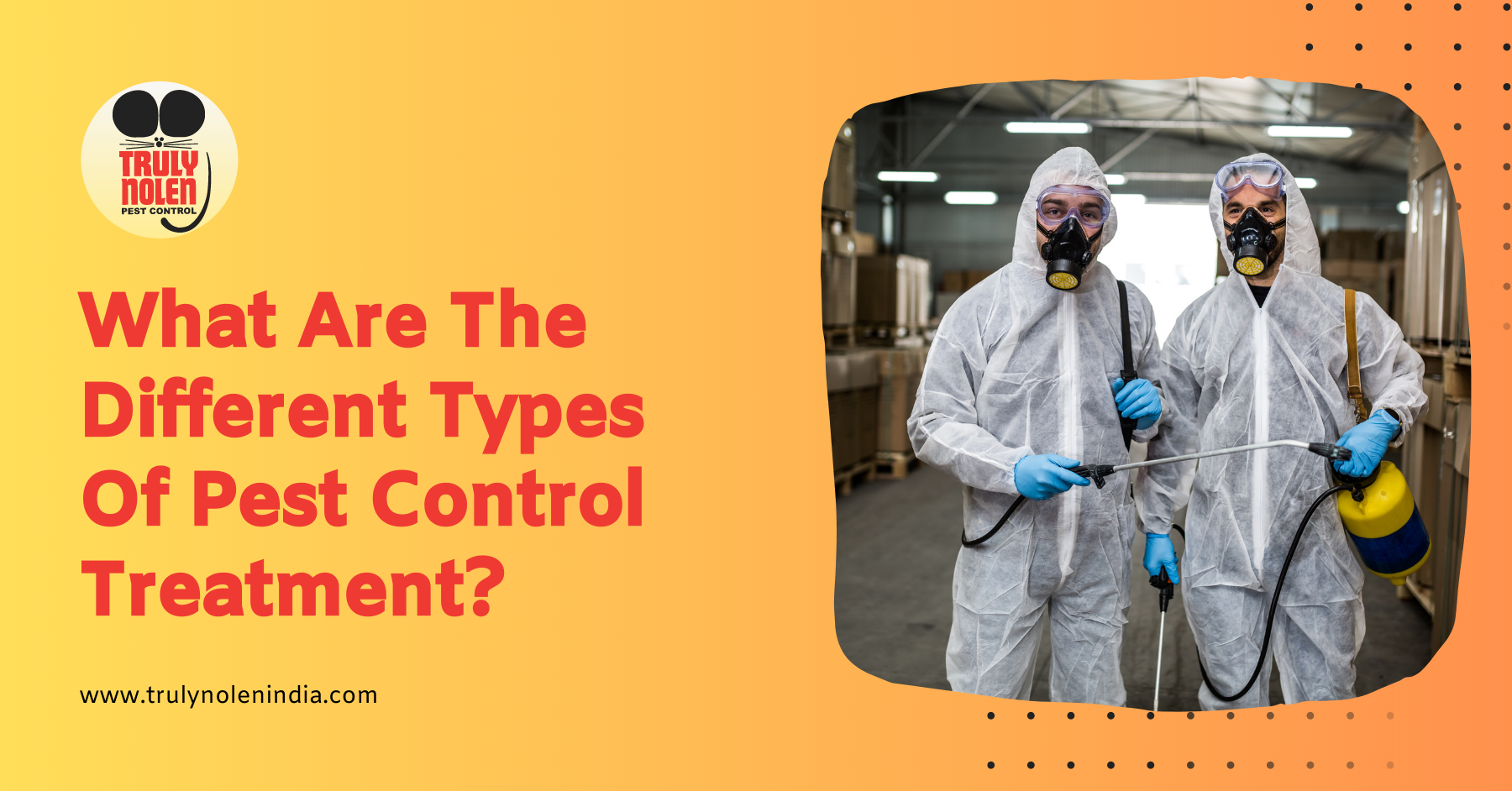Pest Control Can Be Fun For Everyone
Table of ContentsThe Definitive Guide for Pest Control5 Simple Techniques For Pest ControlThe 8-Minute Rule for Pest ControlAn Unbiased View of Pest ControlSee This Report about Pest Control
Limitations of Chemical Management Be able to assess parasite troubles, figure out if administration is essential, and make ideal suggestions utilizing IPM strategies. Be acquainted with different approaches of insect administration - their advantages and limitations.This chapter talks about (IPM), a technique that utilizes expertise concerning bugs and their, practices, nonchemical approaches, and pesticides to manage bug issues. Extra info concerning IPM for details plants is consisted of in phases that focus on those plants. Bugs in a yard or landscape might consist of insects and termites, weeds,, mammals, and birds.
Bugs and weeds, nevertheless, play a duty in the. After growing a yard or establishing a grass, the natural process of plant succession begins to improve and nonnative plants.
What we call "parasites" become part of an all-natural system at the office. An ecosystem has no pests. Just people think about particular types pests when they happen where they are not wanted. We will be extra successful in handling undesirable varieties when we realize that these microorganisms adhere to foreseeable patterns that we can use to our benefit.
What Does Pest Control Do?
Insects at risk to a pesticide were rapidly eliminated, leaving immune ones to reproduce and multiply. It ended up being clear that chemicals alone would certainly not address all pest problems.
An IPM plan allows some degree of parasites in the setting. Pests are a lot less most likely to endure a program that makes use of lots of different techniques of decreasing their populaces. Integrated parasite monitoring was first suggested by entomologists due to the fact that bugs were the very first group of insects to verify challenging to take care of with chemicals alone.
bug and host properly. and consider financial or aesthetic injury. A limit is the factor at which action need to be taken. a therapy strategy using mechanical, cultural, biological, or chemical controls, or a combination of these methods. success of therapies. IPM has actually expanded beyond insects to monitoring of all pest populations: weeds, illness microorganisms, and animals.
Some Known Questions About Pest Control.
Management instead of elimination of parasites is the goal. An IPM strategy starts with a mindful examination of each pest problem. Just then can one determine about the suitable tactics required to subdue insect activities. The Find Out More life process of the pest, possible damage, natural opponents, and impacts of climate, to name a few variables, are taken into consideration prior to a control plan is carried out - Pest Control.
Clover growing in a lawn may be considered as an unwanted weed, however as a bean it is synthesizing nitrogen for the dirt and the blossoms are giving nectar to honey and other. Tolerance for some weeds may become part of an IPM plan. might be consuming the fallen leaves of a plant, but when they are determined as the larvae of Eastern tiger swallowtail butterflies, their damages might be endured so we can enjoy the gorgeous butterfly.

The 2nd most essential device in pest monitoring is early intervention. Responding to problems rapidly, before they have time to increase, needs a much less remarkable treatment.
Pest Control - Questions
Many safe, functional, nonchemical techniques of plant defense and pest management might decrease or remove the requirement to spray. Other methods are most beneficial when utilized with chemicals. To execute monitoring practices correctly and to lessen losses, gardeners must recognize the kinds of bugs that attack plants and recognize pest biology.

Carrying out a soil test and using only the recommended amount of plant food and lime makes best use of the benefit to the plant while lessening troubles connected to too much use plant food - Pest Control. Covering the Extra resources soil with numerous inches of compost shields the plant in several methods: decreasing soil water loss to evaporation, reducing weed competition, giving nutrients, and developing a suitable atmosphere for earthworms and microorganisms that maintain the dirt loosened for roots and damage down natural product to more launch nutrients
If mulch touches the trunk, it can produce a means for voles, microorganisms, and fungis to assault the plant. Do not use manure or garden compost that has not extensively broken down as a leading dressing because it can urge undesirable bugs. Research recommends that farming is damaging to dirt framework.
Some Known Details About Pest Control
If tilling is regarded necessary, consider doing it in the loss when the life cycles of many bugs brings them near the surface. At the surface, pests end up being subjected to the weather condition in addition to birds and various other all-natural enemies. Autumn tilling can likewise ruin insects in plant residues. Use healthsome and insect-free certified seeds and plants if readily available.